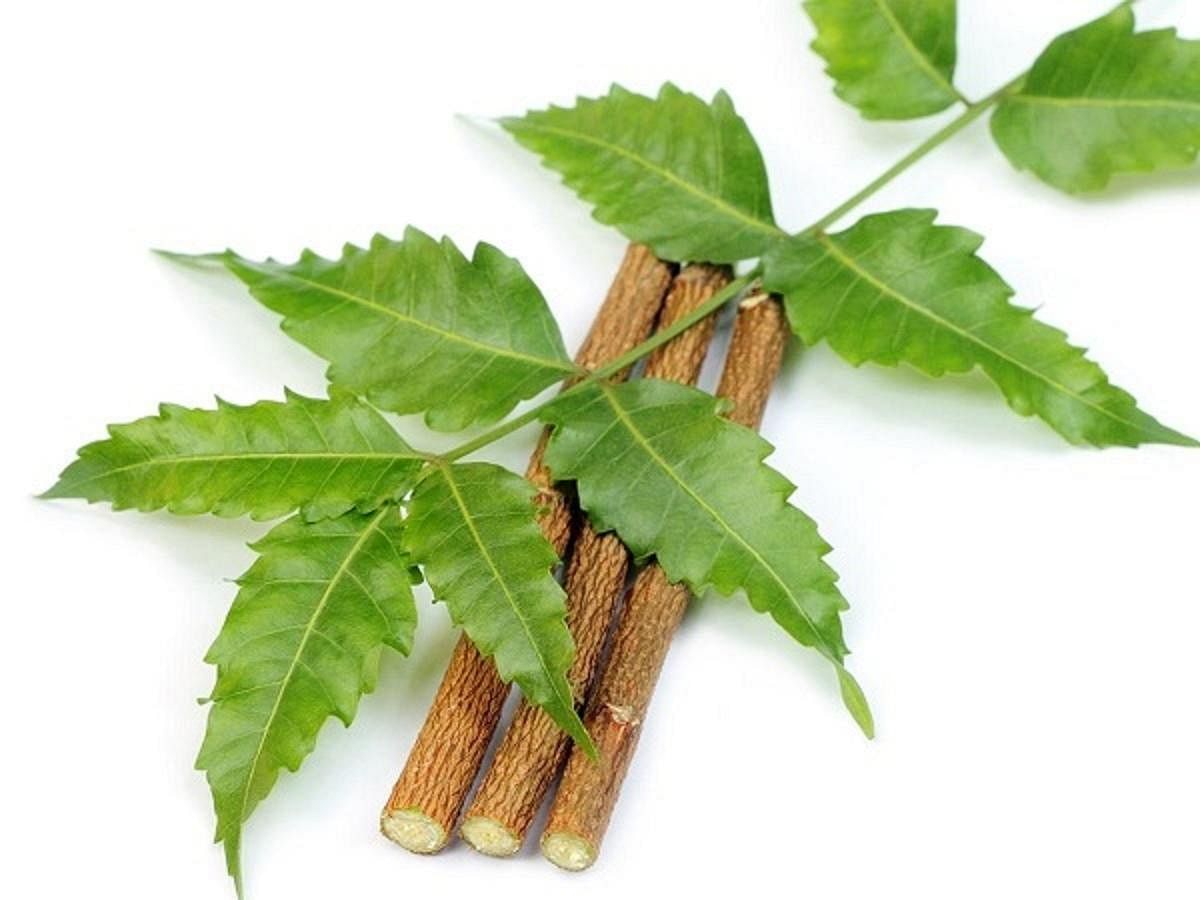
The bitter neem has turned out to be a sweet pill for the multicrore pesticide and pharmaceutical industries with scores of researchers and organisations carrying out intense research on the multiple uses of neem.
Deliberating on the applications of neem in various industries, botanists, agricultural and industry experts from different parts of the world met here recently at a two-day seminar on ‘Neem - eco friendly solution for sustainable development,’ organised by Neem Wave Exhibitions LLP along with World Neem Organisation and University of Agriculture Sciences (UAS), Bengaluru.
Popularising cultivation of neem by farmers, UAS has not only set up a research lab, but also embarked on a mission to build the germplasm of neem, based on its timber quality and oil content.
Speaking to DH, Dr Rajendra Prasad, vice-chancellor, UAS, said, “Neem is unique owing to its characteristics. Due to geographical reasons, some neem varieties score over others. A neem variety from an arid region is valued for its timber quality.
“Similarly, the neem from the dry deciduous region is known for rich oil content. We have been in the process of building a germplasm and genome mapping so that those varieties can be multiplied in large numbers.”
Scientists from UAS have carried out an extensive study on the use of neem in warehouses where several tonnes of seeds, grains are lost due to pests and insects. “Neem seed extract (7.2 gm/90 kg) helped control about 80% of insects in wheat for over six months. Rice grain treated with neem oil had fewer insects compared to untreated grain. Application of neem seed and leaf powder helped in controlling weevil in maize seeds by 70%,” Prasad said.
With more and more people going in for organic way of life by choosing organically grown vegetables and fruits, the scientists have discovered the huge market potential for neem.
“The high-value fruits like pomegranate and others are grown organically. This has pushed up the demand for neem-based pesticides by 45% to 50%,” said a senior professor from farm forestry management department of UAS.
The neem and its uses have not only caught the attention of researchers in India, but in Bangladesh, Australia and Paraguay also. Experts have been working on neem as an alternative to synthetic pesticides. Popular for his extensive work on neem, Dr Hakim from Bangladesh is known as Dr Neem Hakim, who has developed over 100 neem-based products. Hakim was also a consultant for the central government during the launch of neem-coated urea, a few years ago.
According to Dr B N Vyas, president, World Neem Organisation, India accounts for 4.42 lakh tonnes of neem seeds, yielding 88,400 tonnes of oil and 3.53 lakh tonnes of cake.
